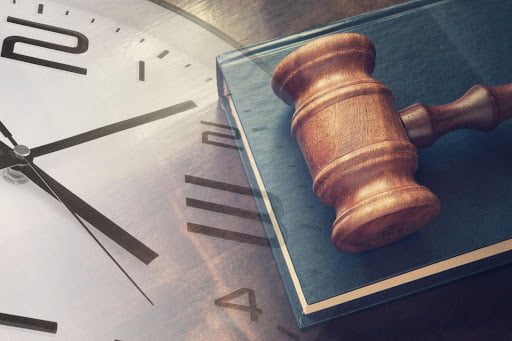Determining Liability in Tennessee Personal Injury Cases
In personal injury cases, establishing who is at fault, or liable, for the injury is a fundamental component of the legal process. In Tennessee, as in other states, the determination of liability hinges on the concept of negligence and the specific laws governing fault. Being involved in a personal injury case can be overwhelming and confusing, but having a thorough understanding of your rights and options can make all the difference. As dedicated Chattanooga personal injury attorneys, we are passionate about providing individuals with the necessary knowledge and support to navigate their legal journey.
The Basics of Negligence
Negligence is the legal term for any careless behavior that causes or contributes to an accident or injury. To establish liability in a personal injury case in Tennessee, the following elements of negligence must be proven:
- Duty of Care: The defendant had a legal duty to the plaintiff. For example, drivers have a duty to operate their vehicles safely.
- Breach of Duty: The defendant breached that duty through action or inaction. An example is a driver running a red light.
- Causation: The defendant’s breach of duty directly caused the plaintiff’s injury. The injury would not have occurred without the defendant’s negligent act.
- Damages: The plaintiff suffered actual damages, such as physical injury, financial loss, or emotional distress.
Comparative Fault in Tennessee
Tennessee Code § 29-11-102 lays out the state’s “modified comparative fault” rule. Under this rule, an injured party can still recover damages if they are partially at fault for the incident, as long as their share of the blame is less than 50%. However, the amount of compensation they receive will be reduced by their percentage of fault. If they are found to be 50% or more at fault, they cannot recover any damages.
For example, if your compensation is determined to be $100,000, but you’re determined to be 10% at fault, the total compensation you collect will be $90,000 ($100,000 x 10% = $10,000 and $100,000 – $10,000 = $90,000).

Investigating Liability
Liability may be determined by the insurance company, through negotiation, arbitration, or mediation, or in court by judges and a jury. This process ensures a fair and comprehensive assessment of the circumstances. Additionally, it allows for a just resolution to be reached.
Determining negligence often involves a thorough investigation that could include:
- Police or Accident Reports: These often contain valuable information about the circumstances surrounding an incident.
- Witness Statements: Testimonies from people who saw the event can provide important details.
- Expert Testimony: Experts in fields like accident reconstruction can offer insights into how and why the incident occurred.
- Physical Evidence: This includes everything from photographs of the accident scene to the physical damage to objects involved in the incident.
Special Considerations in Tennessee
In some cases, there may be other considerations to take into account when establishing liability in Tennessee personal injury cases.
- Auto Accidents: Tennessee is an “at-fault” state for auto accidents (car accidents, truck accidents, motorcycle accidents), meaning the person at fault is responsible for the damages. These can be rewarded through their insurance or, if necessary, a personal injury lawsuit.
- Premises Liability: Property owners in Tennessee have a duty to ensure their premises are safe. This includes addressing potential hazards and adequately warning visitors.
- Product Liability: If an injury is caused by a defective product, liability may extend to the manufacturer, distributor, or retailer.
The Role of Legal Assistance
In Tennessee personal injury cases, determining liability is a nuanced process that involves establishing negligence and considering the state’s comparative fault rule. Given the complexities of determining liability, whether dealing with a car accident, a slip and fall, or any other type of personal injury, consulting with a personal injury attorney can be invaluable. An attorney can help gather and analyze evidence, negotiate with insurance companies, and represent your interests in court, if necessary.
Jay and Brent are here to answer your questions and help you find out who is liable in your Tennessee personal injury case so that the right parties are held accountable. Reach out today to receive a free consultation with no commitment required.
Related Personal Injury FAQs
- How do I know if I have a valid personal injury claim?
- How long do I have to file a personal injury lawsuit in Tennessee?
- What compensation can I receive in a personal injury lawsuit?
- How long does a personal injury case take?
- Do I need a lawyer for a personal injury lawsuit?
- What does “No Win, No Fee” mean?
- Can I settle my personal injury claim without going to court?

















